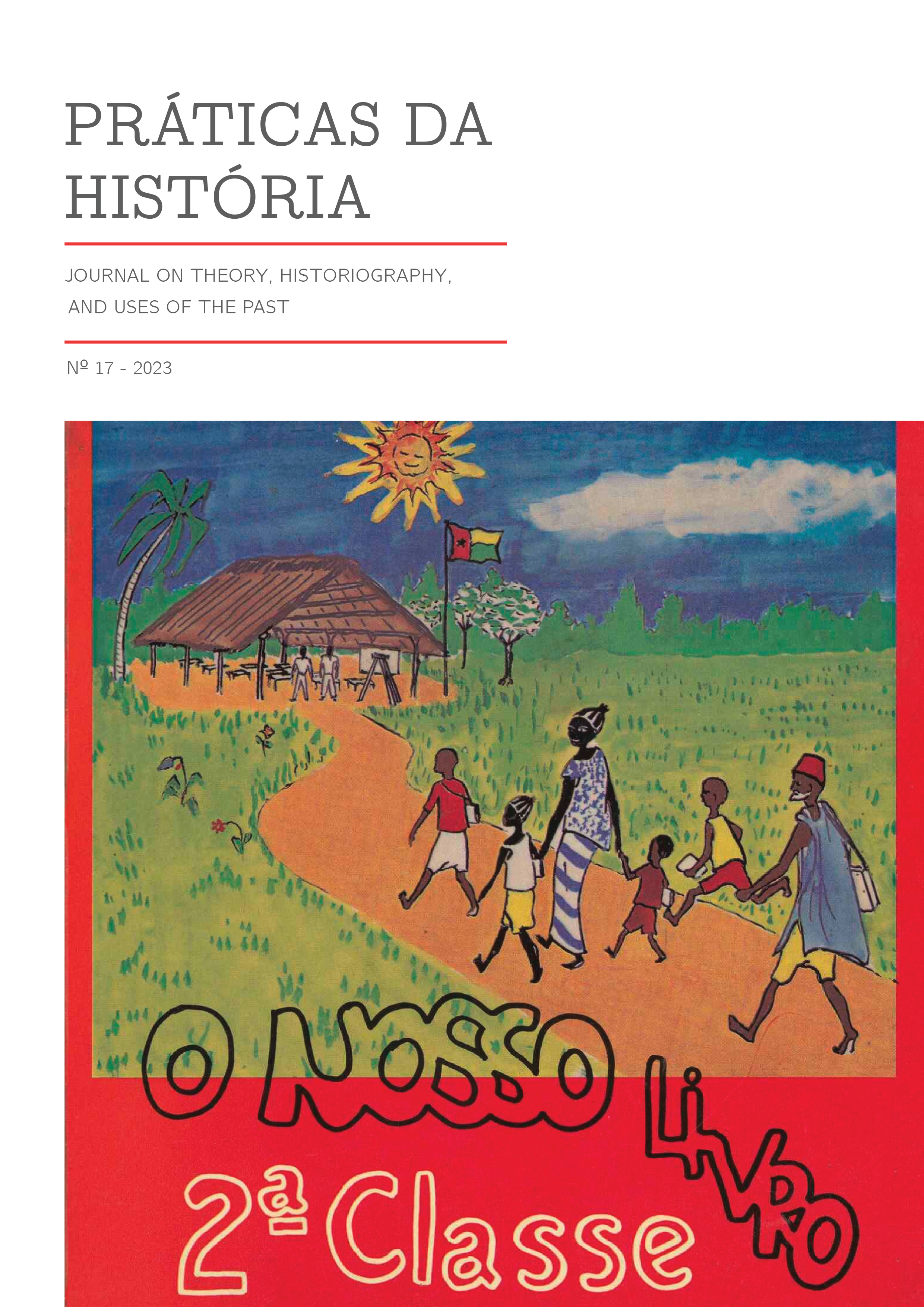The Image and Representation of Colonialism in the 1974 PAIGC History Textbook
DOI:
https://doi.org/10.48487/pdh.2023.n17.33186Palabras clave:
textbooks, history, PAIGCResumen
Textbooks have been the subject of intense academic debate in recent decades worldwide. Mainly around their role in transmitting educational content and knowledge.
This article analyses the image and representation of Western European colonialism and Portuguese colonialism, stricto sensu, in the textbook História da Guiné e Ilhas de Cabo Verde, published by the African Party for the Independence of Guinea and the Cape Verde Islands (PAIGC) in 1974.
In its eagerness to challenge and contest the colonial logic and Portuguese rule in Guinea (Bissau), the PAIGC invested, practically from the beginning of the armed struggle for national liberation, in teaching whose primary objective was to exclude the reproduction of the colonial mentality through the publication of textbooks with new content. The aim was to deconstruct a certain “glorious” colonial past to challenge European imperialism and build a new narrative based on new actors and protagonists in history and discourse.



